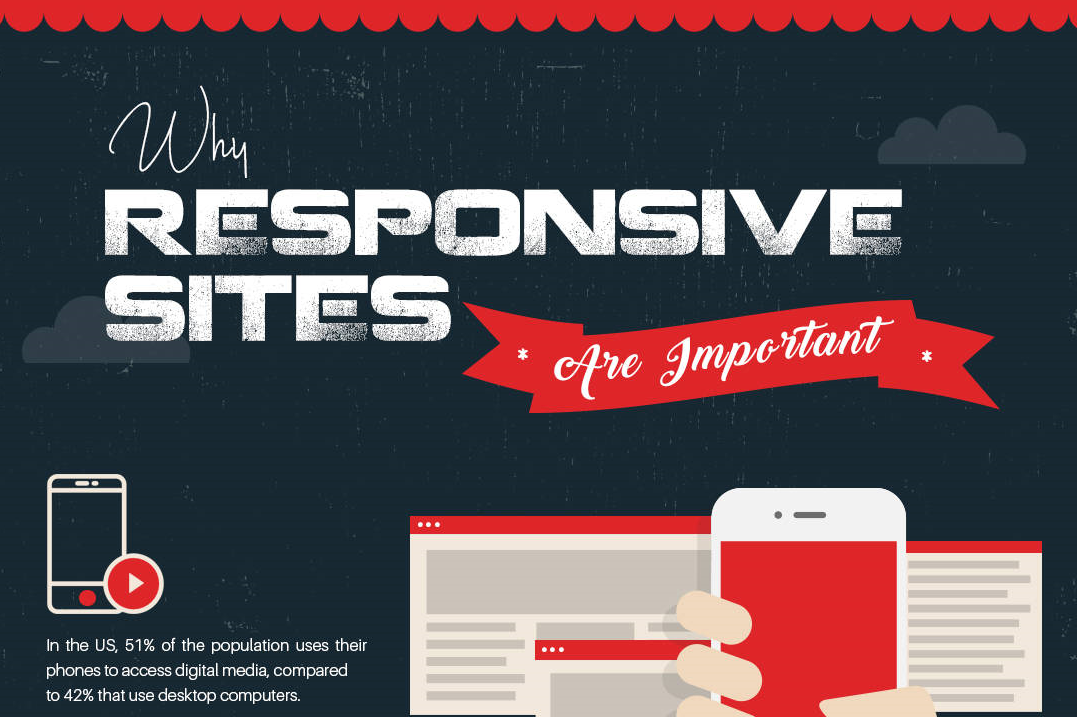Big data is the big news of our times, which is slowly growing to be an essential thing for businesses of all kinds and sizes. With the explosion of digital technologies and rising usage of e-commerce and social media networks, a huge cloud of data is getting generated from people from across the globe, which is exponentially growing day in and day out.
Until recent times, big data remained as a data mining solution for the bigger corporations, which they used to learn about customer behavior, market trends, and to analyze their business performance. It needed highly sophisticated systems and enormous computing power in order to cut through all this available information and pull some beneficial insights out of it.
However, technology has further advanced in terms of big data management, and the infrastructure and cost needed for it also came down further. So, not only bigger corporate, but small businesses can also now tap into the power of big data in order to enhance their business operations and improve customer experience using relevant big data tools.
The power of analytics through big data
Big data is an umbrella term, which covers a lot at the ground level. The data collected from each and every actions and interactions over a connected network from sending an email to posts on Facebook, comments or rating, profile updating, online shopping, honoring an invoice, using a cell phone to contact, or even using a credit card at the POS in a department store. Every single action tends to generate some digital footprint, which is converted into data and stored.
So, there is a huge amount of data. In order to gain some useful insight from this vast data ocean, you have to get some mighty analytical tools which can filter out every relevant bit of information and display them in an easily understandable format. Fortunately, this power is also available now at affordable cost and accessible to all including small businesses through various data management platforms. There are even free programs as Google Analytics which can be integrated with customer relationship management tools.
What is the scope of big data in small business?
If you are looking forward to tapping the scope of this vast and rich landscape of big data for the benefit of your business, then there are plenty of avenues to consider. Here let's have an overview of some of the best applications for big data for small business management.
Sorting through social media
Every business, irrespective of being small or big, may have been connected already to a big number of customers especially through the social media networks. In fact, the data generated through such platforms need not have to be limited to interactions, but it can be effectively used for many other purposes. There are many tools like Twilert, Social Mention, and Currently, etc. which let the business users set up notifications and alerts whenever a subject related to your business offerings are mentioned online including your business name, products, services, or relevant keywords.
Once if you start to track such relevant mentions, you can further custom tailor the responses and effectively get involved in such conversations to create a buzz around your brand. Doing this consistently with the help of big data tools can help generate more interest in your brand and also help improve engagement and customer satisfaction.
Collection of customized data using CRM
There are a lot of free and minimally priced CRM applications available now to be used by small businesses, which offer featured platforms in order to track customer interactions. Many programs like Zolo, Insightly, Nimble, etc. provide not only the baseline big data functions but also help to cut through the information and pinpoint the most relevant information for business insights. These types of analytical platforms also cover social media functions so that the small business owners can also streamline the big data collected from various sources and leverage it at best.
Monitor the customer calls
When there are a few office telephone which you use for business calling with the help of a Voice over IP type of application or using a customer service call center, these can also be an important source of relevant data. You can use big data tools to collect call logs and also analyze this information to get better business insights.
Such customer call data can also help you to:
- Discover exact demographics of the callers and filter out the prospects.
- Identify the most frequent issues from the phone calls and find out the best value solutions for them.
- Analyze the calling trends from inbound calls as to which time you get most of the calls and what measures to be taken to handle the calls effectively.
- Optimize customer care through effective call routing and answering.
Most of the advanced web-based Voice over IP systems now feature automated call logging and analytics tools. Moreover, they are also turning out to be more and more inexpensive over time.
Handling transactional data
One most important application of big data is gathering transactional data and deriving actionable insight from it. Transactional data put forth many data points with multiple variables. For example, with a customer interacting with you to make a payment for any goods or services purchased from you, you ideally get data including:
- The entity they purchased.
- The volume of purchase.
- The time when they made the purchase.
- What promotional offers or coupons triggered the purchase.
- How they made the payment for the purchase etc.
All this information can be gathered if you deploy apt POS software, with which you can effectively route this information to CRM software for further processing. Even though it will not be appropriate to store the payment details of the customer except for encrypted data, you can still create a comprehensive pool of transactional data to be used in the future. For more information, visit RemoteDBA.com.
In conclusion, there are plenty of ways through which small businesses and stores of all sizes and shapes can collect big data and make use of it. With the advent in SaaS platforms for big data, it is also not a necessity now for the small businesses to have any complicated in-house data collection systems and high-end analytics teams.
Related Posts
Andrew Thompson is an SEO analytics professional. He works as an independent blogger and data analytics consultant.







